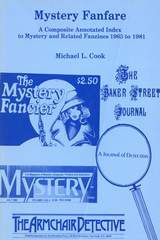Settler Militarism: World War II in Hawai'i and the Making of US Empire
Duke University Press, 2024
Cloth: 978-1-4780-2677-8 | eISBN: 978-1-4780-6003-1
See other books on: Asian American & Pacific Islander Studies | Hawai'i | Making | US Empire | World War II
See other titles from Duke University Press
Cloth: 978-1-4780-2677-8 | eISBN: 978-1-4780-6003-1
ABOUT THIS BOOK | AUTHOR BIOGRAPHY
ABOUT THIS BOOK
Under martial law during World War II, Hawaiʻi was located at the intersection of “home front” and “war front.” In Settler Militarism, Juliet Nebolon shows how settler colonialism and militarization simultaneously perpetuated, legitimated, and concealed one another in wartime Hawaiʻi for the purposes of empire building in Asia and the Pacific Islands. She demonstrates how settler militarism operated through a regime of racial liberal biopolitics that purported to protect all people in Hawaiʻi even as it intensified the racial and colonial differentiation of Kanaka Maoli, Asian settlers, and white settlers. Nebolon identifies settler militarism’s inherent contradiction: it depends on life, labor, and land to reproduce itself, yet it avariciously consumes those same lives and natural resources that it needs to subsist via violent and extractive projects. From vaccination and blood bank programs to the administration of internment and prisoner of war camps, Nebolon reveals how settler militarism and racial liberal biopolitics operated together in the service of capitalism. Collectively, the social reproduction of these regimes created the conditions for the late-twentieth-century expansion of US military empire.
See other books on: Asian American & Pacific Islander Studies | Hawai'i | Making | US Empire | World War II
See other titles from Duke University Press












